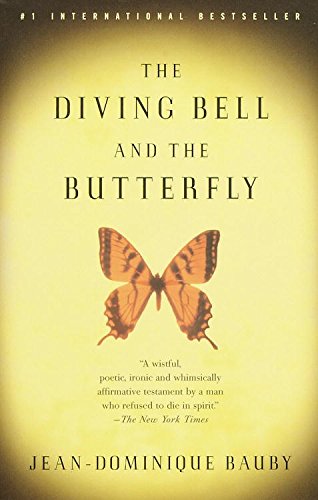
“The Beekeeper of Aleppo” by Christy Lefteri
This novel tells the story of a Syrian couple who are migrating from war-torn Syria to seek asylum in Western Europe. Although the story is heartbreaking and heart-wrenching, it is told with haunting beauty. Nuri and Afra grieve the loss of their home, their livelihood, and their son. And yet, with piercingly vivid imagery, Lefteri flashes back to the lives Nuri and Afra left in Aleppo: the bustling markets, relationships with family and friends, the bees and apiaries, and Afra’s art. The novel wades through tidal suffering and hardship all the while pushing forward through to a vision of hope and light, even in the most dire of circumstances. — The Rev. Dr. Kathleen E. Mills, Pastor, Holy Trinity Lutheran Church

“The High Mountains of Portugal” by Yann Martel
This book is quirky and weird, yet it stayed with me long after I finished it. It consists of three distinct stories that come together beautifully in the end. It is very theological, full of humanity and compassion, and adds a touch of mystical realism. I can’t say exactly why I think it is beautiful, but I do. I love the ending and the surprising grace it reveals. — Tim Hare

“The Diving Bell And The Butterfly” by Jean-Dominque Bauby
Although barely 130 pages long, this collection of short essays and observations about life contains more inspiration and beauty than perhaps any book I’ve ever read. Its author was the editor in chief of Elle magazine’s French edition before suffering a massive stroke in 1995 that left him in a state of total paralysis called “locked-in syndrome,” with only the ability to blink his left eye. By that means, he then used a type of code to painstakingly dictate his eloquent and poignant thoughts that include describing how his rigid, immobile body felt like a deep-sea “diving bell” while his mind still took flight “like a butterfly.” Bauby ultimately died two days after the book’s original publication in France, but his memoir later became the basis for an equally remarkable film of the same title, directed with great artistry by the renowned painter and sculptor Julian Schnabel. — Chip Warren

